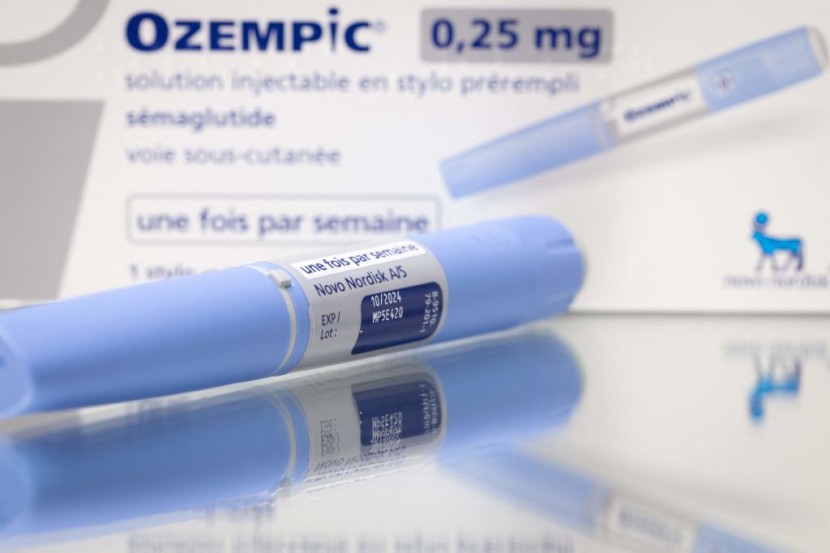
Federal officials say new Medicare drug price cuts are set to save taxpayers billions of dollars, following months of negotiations with major pharmaceutical companies.
The Trump administration announced that 15 widely used prescription drugs will see sharp price reductions, which will also help many older adults who rely on Medicare.
Health Secretary Robert F. Kennedy Jr. said the administration pushed hard for lower costs, calling drug prices "a major worry for families."
He added, "President Trump directed us to stop at nothing to lower health care costs for the American people."
These new prices are part of the second round of negotiations created under a 2022 law that was first carried out during the Biden administration.
With this latest round, Medicare now has negotiated prices for 25 total drugs, with the newest cuts taking effect in 2027. Prices for the first round of 10 drugs will drop in January.
According to AP News, officials said the updated deals would have saved the government about $8.5 billion last year if they had been active, a larger reduction than the savings projected under the first round.
But the amount each senior will pay at the pharmacy will still depend on their personal Medicare plan.
The Trump administration has announced lower prices for 15 Medicare-covered medications, including treatments for cancer, diabetes and other chronic conditions. @eschulze reports. pic.twitter.com/FFFVwp50w8
— Good Morning America (@GMA) November 26, 2025
Medicare Secures Bigger Price Drops
The drugs included in the latest negotiations treat conditions such as diabetes, cancer, asthma, and irritable bowel syndrome.
Popular GLP-1 drugs like Ozempic, Wegovy, and Rybelsus were also part of the talks, reflecting their high cost and widespread use.
Dr. Mehmet Oz, head of the Centers for Medicare and Medicaid Services, said officials achieved "substantially better outcomes for taxpayers and seniors" this year.
He said the lower prices show that Medicare's ability to negotiate is already producing meaningful results.
A new rule that started this year places a $2,000 cap on out-of-pocket drug costs for Medicare users, giving many older adults relief from expensive medications, CBS News reported.
Officials estimate that seniors with Medicare drug plans will save around $685 million from these lower negotiated prices.
Experts say the improved savings likely came from lessons learned during the first negotiation cycle and the mix of drugs selected this time around.
Spencer Perlman, a health care researcher, said the results show the program is "working as intended" and securing real price concessions.
However, major drug companies remain opposed and are challenging the negotiation law in court.
Originally published on vcpost.com








